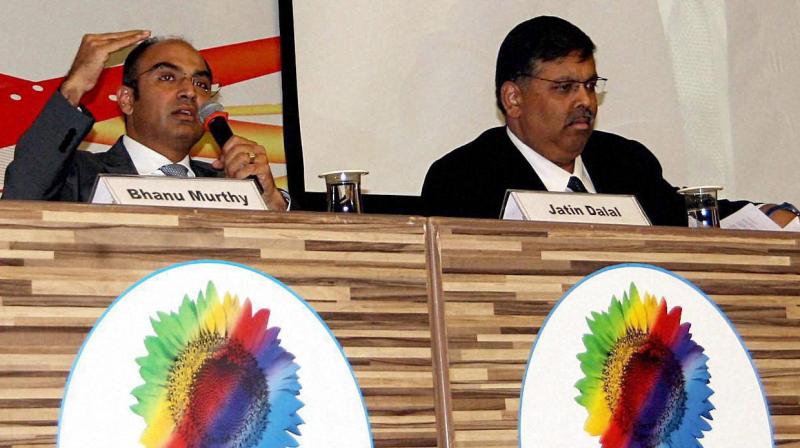India's millions and the threats of automation
Innovation requires a whole different set of people as it will have no similarities to coding.

Hyderabad: According to sectoral analysts who track technology companies, the Indian IT sector remains vulnerable to global economic developments as it is highly dependent on traditional markets such as United States and Europe — both of which are slowing. The industry is also facing brunt as clients shift towards digital and cloud-based solutions.
“We believe the reasons for revenue weaknesses can be put into three buckets: Transient (US presidential elections and Brexit); Cyclical (US and European economic weakness, low/negative interest rate scenario and Structural (value compression of contracts because of automation and the cloud),” says Girish Pai, an analyst with Nirmal Bang Stock Broking.
While transient and cyclical factors could improve in due time, investors are worried about the medium-term scenario, where automation could make India’s low-cost human capital unattractive.
“We see revenue cannibalisation from automation to accelerate as the entire industry is in a challenger-defender paradigm. Some players have already factored in aggressive assumptions on gains from it and therefore they will have to deliver,” Mr Pai says.
While Indian firms are open to automation, this task appears to be difficult as companies have to completely change models. Plus, there is the worrying factor of the blurring of lines between hardware and software.
The big technology companies are no longer IBM or Microsoft, which focused on software or Nokia or Cisco which were once known for their hardware. Today’s giants such as Apple and Google have excellent products with great software-making ability. “The future will be defined by the new ways in which hardware and software are powering each other. Taking a nuanced view of this relationship could be the difference between success and failure,” writes Sam Macklin, an analyst at CA Technologies. Nasscom, however, argues for an end-to-end automation, which will ensure that automation is used across the stages of the software development life cycle. While this may help the Indian IT companies stay relevant, it will have an adverse impact on job creation in India’s most-sought after sector in the medium term.
Innovation requires a whole different set of people as it will have no similarities to coding. Innovation will also need a different administrative setting as highly-bureaucratic organisations are harmful for new ideas. So nirvana for the Indian IT industry could be found in small start-ups — agile and open to fresh ideas. But this revolution will also rob our youngsters of the social status and the job security that they may be currently getting from the ID cards of IT majors.

